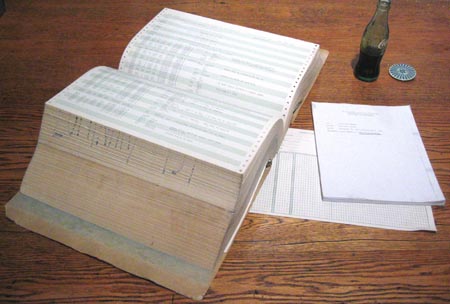A short comment on Drexler’s paper Biological and Nanomechanical Systems: Contrasts in Evolutionary Capacity: He distinguishes two types of design, O-style (like organic) and M-style (like mechanical) systems. He points out that O-style systems are much more robust to incremental design modification, where M-style systems require coordinated changes that are much, much less likely to happen… Continue reading Organic vs machine evolution

